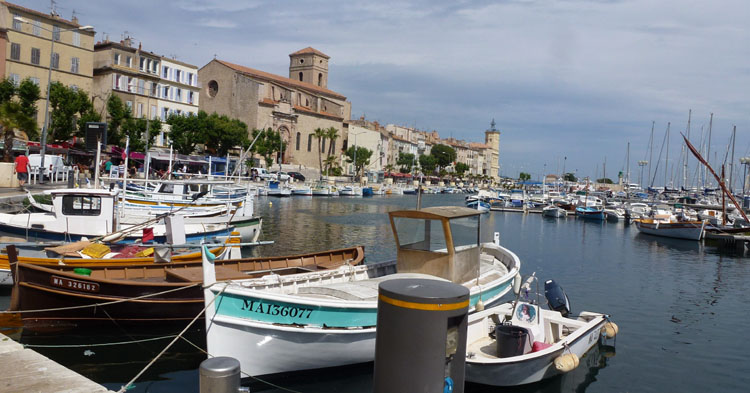About 100 guests attended a ceremony in La Ciotat led by Isidore and Patrick Partouche, founder and president of France’s largest casino group, the Partouche Group (PARP:FP), where the very first stone for its open air casino was cemented in place.
Plans were approved earlier in the year to relocate to a new hotel closer to Marseille from its existing license at Casino Flots Bleus. The historic shipbuilding city is within a 30-minute drive from Marseille.
The estimated €10m open air concept will have gaming floors both inside and outside with 150 slot machines, making La Ciotat a first. The building was designed by the architectural firm Marc Fercy and players will be shielded from the elements by huge canvas umbrellas that will be installed.
The casino group is hopeful that the new site, where players will be able to smoke, will see a 20 percent increase in GGR over that of the Flots Bleus location. Partouche’s French casinos which generated €514.5m last year also witnessed a decline of 2.1 percent, along with the French casino sector, which as a whole saw a decline of 2.6 percent partly due to the 2008 smoking ban.
Also in attendance at the ceremony, were La Ciotat’s Mayor Patrick Bore, who helped oversee the ceremony, along with the future casino’s director Frédéric Blardone, John Carrese, CEO of La Ciotat and Partouche’s CEO, Fabrice Paire. According to G3 Newswire, Bore said, “This project has so far taken 12 years to complete, after an obstacle course which has included economic crisis, new regulations, the development of online gaming, and laws prohibiting smoking in public places. We have had to overcome all these the challenges. We are proud of this first stone.”
The casino designed to look like an overturned boat hull will have a terrace of 1.300 m2 and hedges of prickly plants will line glass walls which will provide security. More important than the views of the open-air concept, players will be able to light up while they play. The casino is slated to open in March 2017.
Paris being the last bastion, authorities in France are evaluating the possibility of reforming its gambling legislation, which currently bans “gambling games within 100 kilometers of Paris.” That law, which dates back to 1907, was amended 20 years later when the Barriére Group received permission to operate a casino in Enghien-les-Bains, located within 11 kilometers North of Paris.



